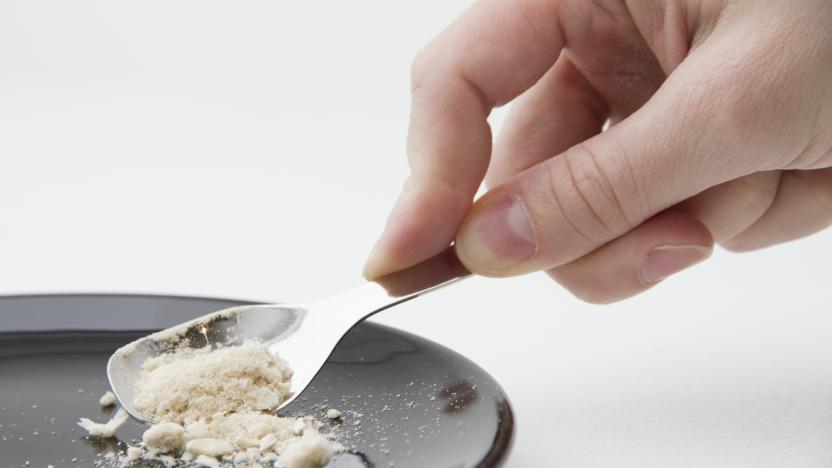The resources of the world are depleting while on the other hand, the population is increasing. This disbalance in the supply and demand of resources will lead to massive repercussions on the globe and the people that will reach an appalling level. Therefore, it is incumbent that a solution is reached to address this wide gap between the two.
Microbes have been used extensively in the food industry since always. Recently, a method using them to produce food is being considered. This is because the traditional methods of producing food will not be able to sustainably feed the growing population.

A research was conducted by a former student of Göttingen University. It was found out that with the help of solar power, microbes can be created that will be rich in nutrients, specifically proteins. They will be more sustainably produced than the traditional methods of agriculture and provide more nutrition. The research is published in PNAS.

Biomass abundant in protein will be used to produce food that will be fit for both humans and animals. The processing will require solar energy, water, and air to product this output in the form of powder. It was discovered that it only used 10% of the conventional agricultural land to make every 1 kilogram of food. Moreover, it can also be used in areas where there is not much sun exposure. In addition, this method is feasible in non-agricultural lands like deserts and northern areas, giving more output than the regular sources.
Almost 30% to 40% of the land is used for agricultural practices. Still, one in ten people is undernourished. Hence, there is a need to cater to this issue before it becomes a global crisis. The work was mainly carried out in the MPI of Molecular Plant Physiology in the University, and optimistic possibilities are being seen.


